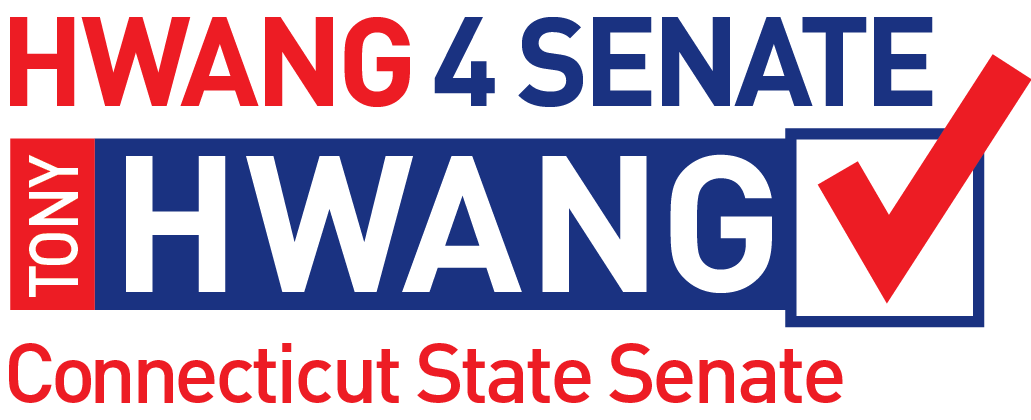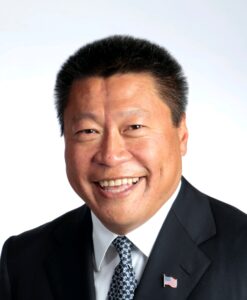










Gasoline is more expensive in Westport than it is in, say, Naugatuck. Nobody disputes that.
Why a gallon of gas in Fairfield County is more expensive than the same gallon of gas elsewhere in Connecticut — and what to do about it — is a question of some debate.
If you listen to Sen. Tony Hwang, R-Fairfield, it’s because distributors are charging retailers more in places like Westport, Stamford, Darien, Fairfield and New Canaan than they are outside the boundaries of Fairfield County.
Those retailers have to pass that increase along to customers in order to turn a profit, Hwang argues.
He’s proposed a bill — for the eighth year in a row — that would prohibit the practice of what he called zone pricing for gasoline.
Distributors counter that there is no zone pricing for gasoline, that it’s market forces, and market forces alone, that dictate the cost of a gallon of gas.
Hwang doesn’t believe it. The overall cost of gasoline may be tied to the price of a barrel of oil, but oil is a publicly traded commodity, he said. Distributors are free to charge retailers whatever they want without any oversight or transparency.
“There really is a zone demarcation for how gasoline prices are based,” he said. “A gallon of gasoline in Stamford and Darien is considerably more than it is in Milford. It is the same distributor that brings that gasoline to those vendors.”
To be clear, gas is more expensive in Fairfield County. According to AAA, a gallon of gas in Fairfield County is at least 10 cents more expensive than the statewide average and 15 cents cheaper across the border in Litchfield County.
Zoom in and the disparity gets wider. A gallon of gas sold for $2.79 in Westport and $3.09 in Greenwich on Tuesday, according to the website GasBuddy.com, which tracks gas prices. Compare that to $2.31 in New Milford or $2.19 in Cheshire.
That makes sense, as representatives of the Connecticut Energy Marketers Association told the legislature’s transportation committee during a public hearing last week.
“Real estate, legal services, milk, clothing, etc. all cost more in southwest Connecticut than many other parts of the state because they reflect the different factors that go into doing business there, and gasoline is no different,” they said.
According to the Connecticut Petroleum Council, it’s taxation and the relatively small number of gas stations in the area that force the price higher.
“More stations would most likely lead to lower gas prices,” the council said in submitted testimony. “If the population in these towns shrinks, or the number of stations increases, supply and demand would be more balanced.
If you want to see market forces at work in gasoline pricing, Hwang points to the Post Road in Westport, just south of Compo Road, where two gas stations sit side-by-side and are always two of the most expensive in the area.
Those retailers make a choice based on the market to charge more, and consumers have the option to drive up the road and find slightly cheaper gas.
But it’s not “market transparency and elasticity,” Hwang said, if retailers are forced to charge more because of a “pre-existing price structure.”
“Our gasoline retailers are not given the freedom to pass along that market pricing,” he said. “If there is an artificial pricing that imposes greater cost on constituents I’m going to fight that.”
State Senator Tony Hwang introduced SB 709 to create a specialized division within the Department of Emergency Services and Public Protection (DESPP) dedicated to creating and maintaining a comprehensive approach to cybersecurity. Sen. Hwang envisions that this approach includes cooperating with federal government, across state agencies, with corporations and small business, and to help the average citizen take control of their own online security.
Watch these two clips of Senator Hwang questioning DESPP Commissioner James Rovella and Connecticut’s Chief Cyber Security Risk Officer Arthur House about why SB 709 is a crucial measure for protecting the state and the nation.
Wednesday, February 13th the Legislature’s Transportation Committee held a public hearing to discuss a range of issues, including a proposal introduced by Transportation Committee Members Senator Tony Hwang (R-28), Senator Will Haskell (D-26), and Representative Jonathan Steinberg (D-136) to prohibit the practice of zone pricing for gasoline (SB 419). All three legislators represent portions of Westport.
Gasoline zone pricing is the practice employed by gasoline distributors to sell gas to local retailers at artificially-determined prices within the same “zone”. These price zones are not mandated by government, and are proprietary and unavailable to the public. Not only do these practices stifle competition, but they create arbitrarily high cost zones, and also prohibit entry to the market because they can control prices to make it difficult for newcomers to succeed.
The FTC has stated that these price zones provide significant market control to incumbent distributors, and that large distributors have used these zones to “target entrants without having to lower price throughout a broader market area….by targeting price-cutting competitors, incumbents can (and have) deterred entrants from making significant investments in gasoline stations (which are specialized, sunk cost facilities) and thus from expanding to a scale at which the entrant could affect price throughout the broader metropolitan area.” (OLR Report 2009-R-0011)
“We who believe in the competitiveness of the market have been trying to eliminate this practice for over two decades and it is time we get this law passed and start encouraging transparency, market competition and consumer fairness in the gasoline market,” said Senator Hwang. “In higher-cost areas of the state, these price zones increase the cost of living even further. Although the cost to distributors does not change, the price to the retailer and the price to the consumer does, based on these proprietary, arbitrary zone pricing maps. This system is inherently non-competitive. It’s time we level the playing field.”
“The gas distributors shouldn’t determine whether you pay $2.25 or $2.55 per gallon of gas based on anti-competitive practices,” said Sen. Haskell. “Our bill would allow for increased competition and fairer prices in the market, helping relieve financial stress on consumers in our community. This bipartisan bill represents a fight to give Fairfield County a break,” said Senator Haskell.
“Our proposal really comes down to fairness for Connecticut citizens, but particularly for Fairfield County residents, who pay the highest per gallon in the state.. All we’re asking for is parity in the gasoline market across the state,” said Representative Steinberg.
State Sen. Tony Hwang spoke to Brad Davis about how the DOT needs to prioritize the projects it spends our tax $$$ on.
“What we have right now a mish mash of projects that have no prioritization, no sense of project one through ten, one through twenty,” said Senator Tony Hwang.
See SB717 HERE
HARTFORD, CT (WFSB) – Tolls could be a tough sell for many here in Connecticut, but some are trying to make them a little more palatable.
One lawmaker is proposing a discount for low income residents.
There are a few plans out there, including one by Governor Lamont.
The state needs revenue and tolls are one way to get it.
Another lawmaker is proposing a discount for people with low incomes and those on a fixed income such as the elderly.
“My position on electronic tolling is very clear. We are going to focus on just on those big tractor trailer trucks and that will raise something like 250 million dollars, something I think I can get through this legislature,” said Governor Ned Lamont.
In his first state of the state address, Lamont announced major transportation improvements. He supports tolls but only on big trucks.
Some Republicans say they don’t like tolls in any form.
“We’ve had very little details. We range from 82 gantries to the amount of money it will raise, all of it is speculation,” said Senator Tony Hwang.
Republicans say there are other ways to pay for transportation, prioritizing what they borrow money for, but that could mean less money for cities and towns.
As for details, we may learn more when Lamont makes his budget address next week.
Subscribe to our newsletter to stay updated.

YOUTH MENTAL HEALTH CRISIS For over 2 years, I have been an outspoken advocate for the health and well-being of
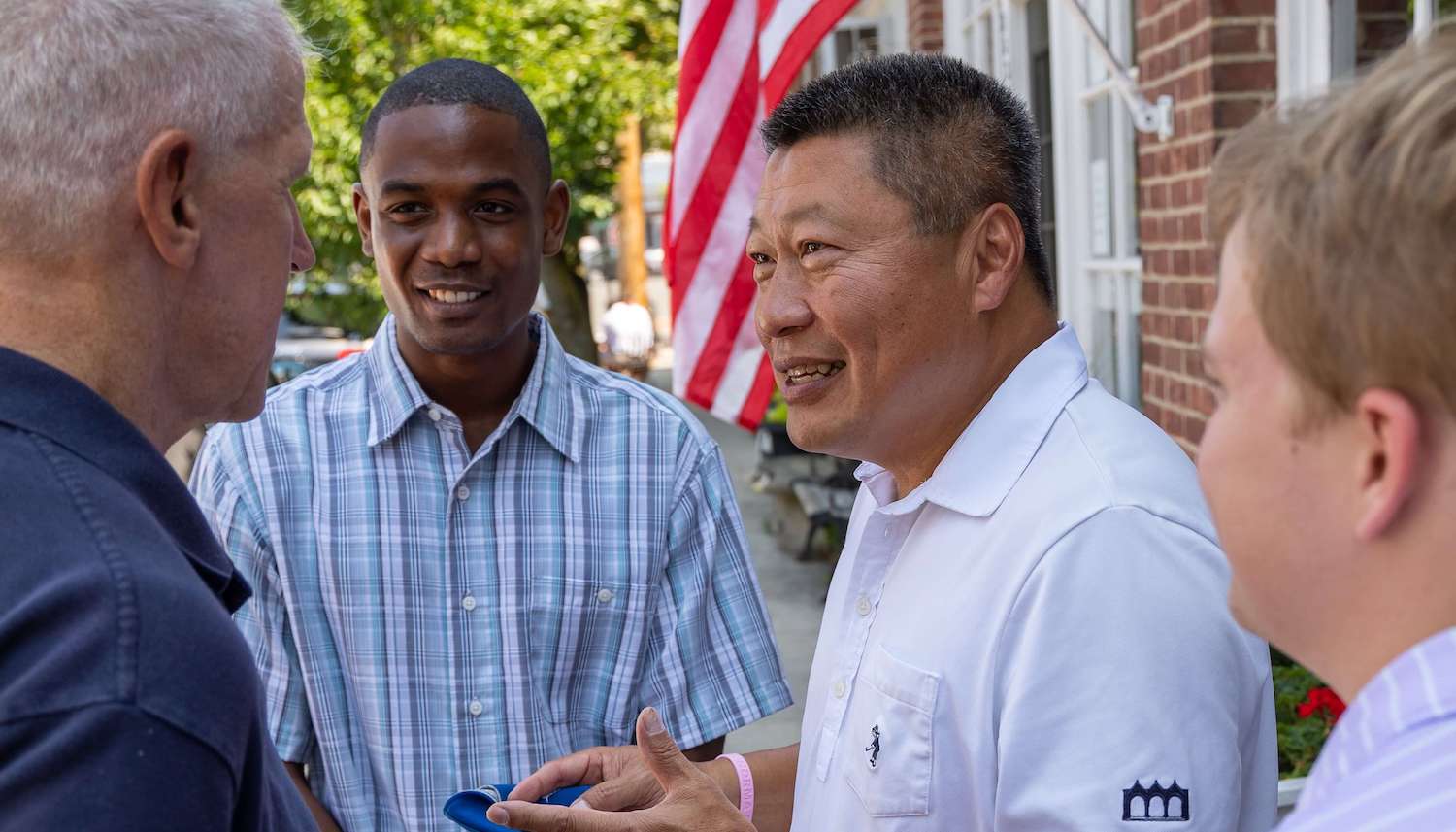
My common sense approach is focused on a relentless commitment to our community and maintaining the balance between local governance
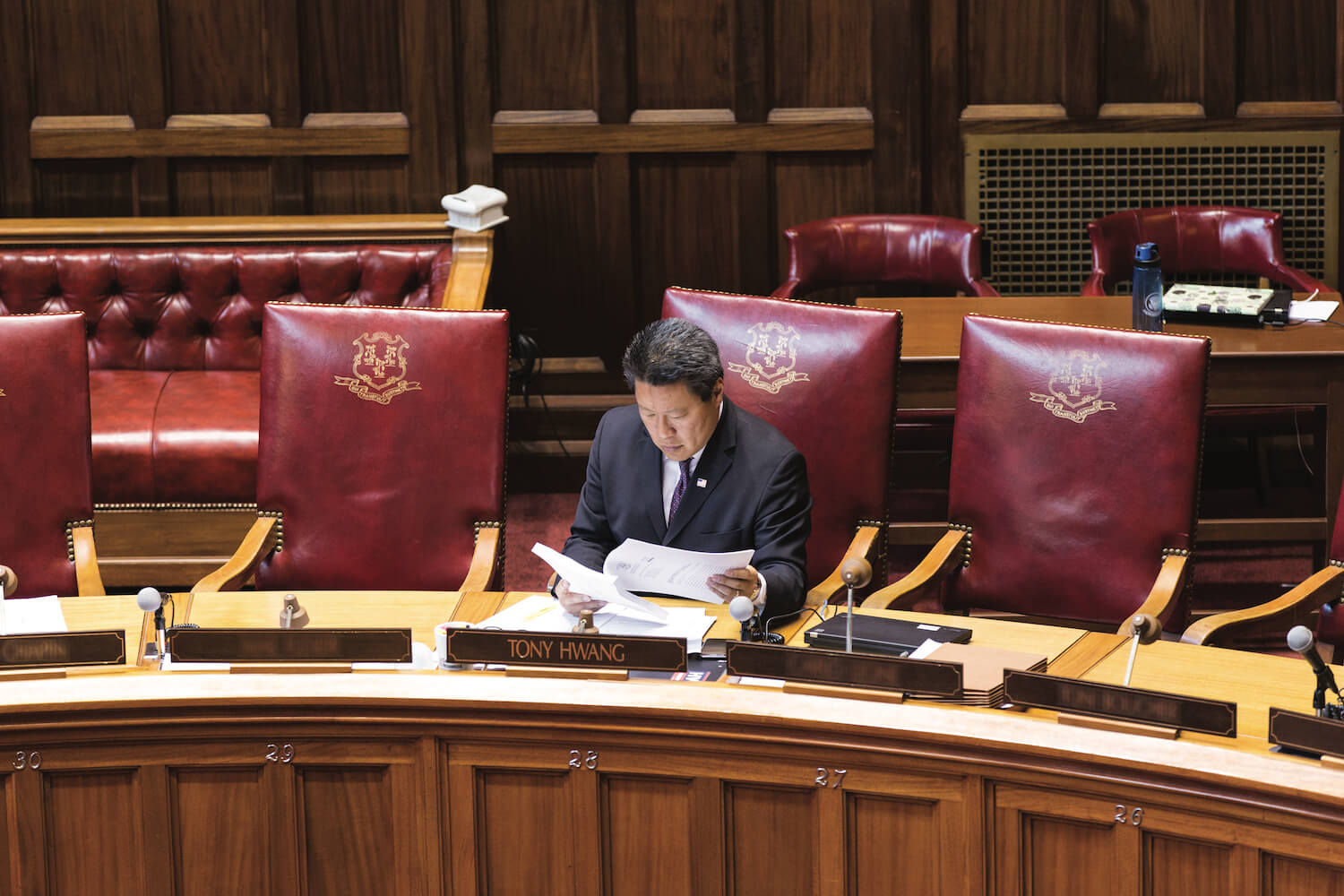
BUDGETING IS ABOUT PRIORITIES. We are now battling historic inflation levels and supply chain challenges for food/fuel/material goods that are
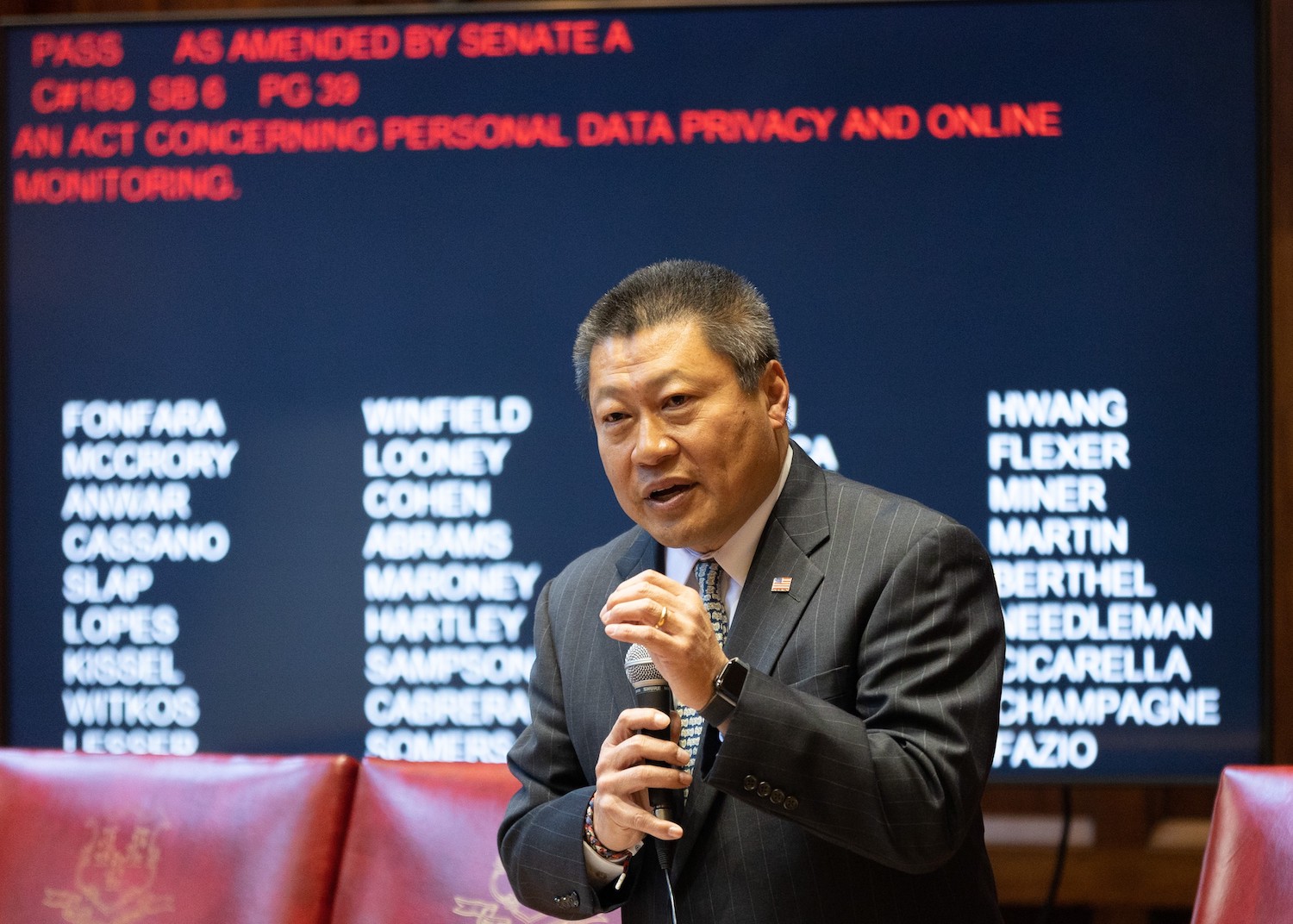
As we adapt to a new “normal” from the Covid-19 pandemic and the tumultuous social upheaval of recent Supreme Court






Subscribe to our newsletter to stay updated
